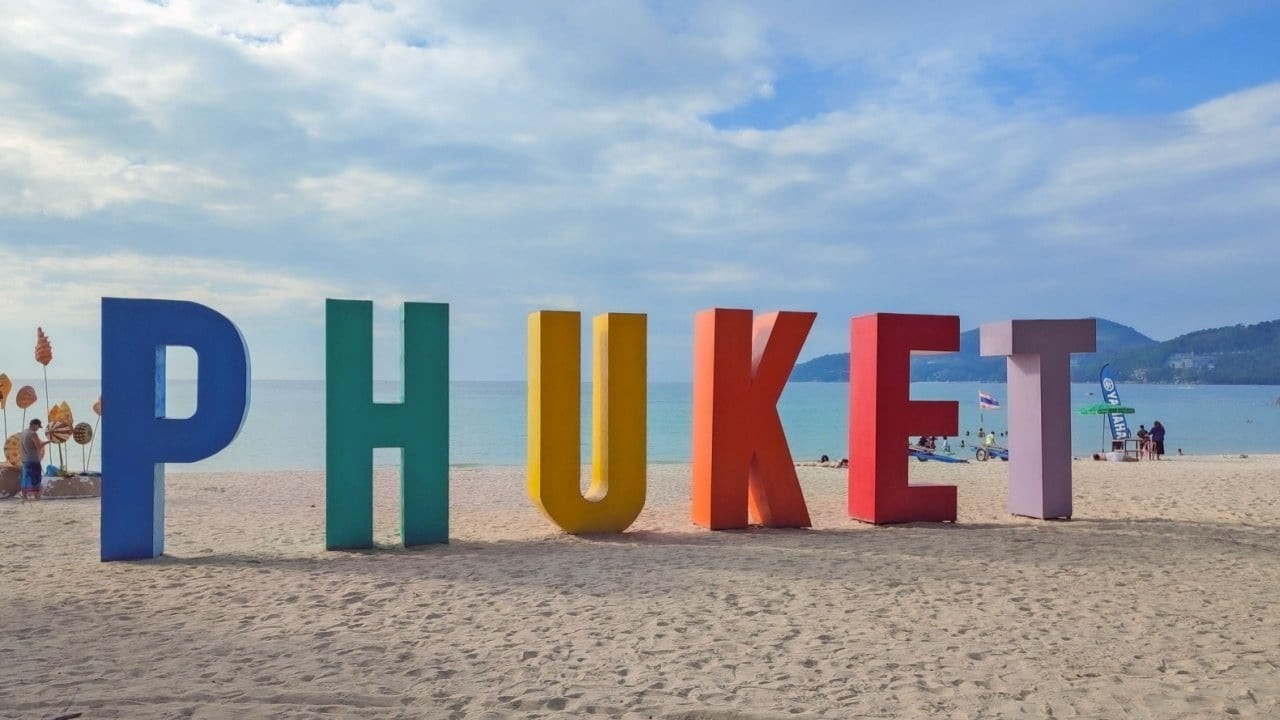
Thailand is launching an innovative cryptocurrency payment pilot program in Phuket, allowing international tourists to use Bitcoin for transactions in the popular holiday destination.
The initiative, announced by Deputy Prime Minister and Finance Minister Pichai Chunhavajira, aims to simplify payments for foreign visitors while operating within existing legal frameworks. Under the program, tourists can register their Bitcoin through Thai exchanges and complete identity verification to make purchases.
To protect local businesses from cryptocurrency price fluctuations, a clearing house will convert all Bitcoin payments into Thai baht. This system allows merchants to receive payments in the local currency while giving tourists a convenient digital payment option.
"The growing popularity and value of cryptocurrencies among international tourists have driven this initiative," said Pichai during a Marketing Association of Thailand seminar. He noted that the program would help maintain Thailand's competitive edge as a tourism destination.
The Phuket trial builds on existing cryptocurrency adoption in Thailand. In Kalasin's Huay Phueng district, nicknamed "Bitcoin town," over 80 local businesses already accept Bitcoin payments. These range from street food vendors and noodle shops to tuk-tuk services, with a local coffee shop serving as an educational hub for Bitcoin transactions.
The pilot program demonstrates Thailand's forward-thinking approach to digital payments and its commitment to providing convenient payment solutions for international visitors. By implementing this initiative, Thailand positions itself at the forefront of cryptocurrency adoption in the tourism sector.
No changes to existing laws are required for the implementation of this program, as the government has confirmed all necessary mechanisms are already in place. The trial represents a practical step toward integrating digital currencies into Thailand's tourism economy while maintaining regulatory compliance.